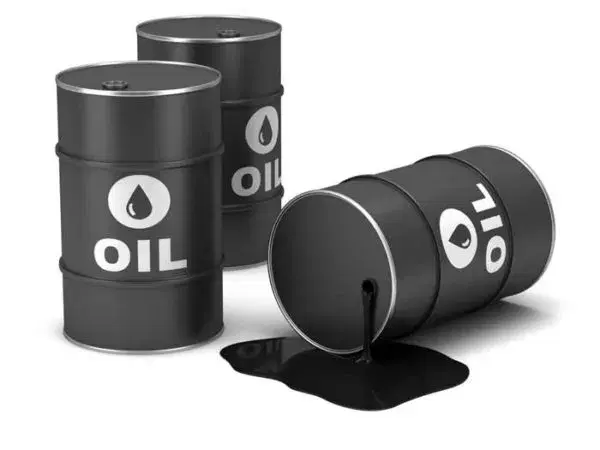Fresh concerns have emerged as the price of Nigeria’s crude oil fell to $72 per barrel, down from $75 per barrel, marking an 8.2% shortfall against the reference price of $77.96 per barrel set in Nigeria’s 2024 budget.
Recent reports indicate that the price drop for Bonny Light and other crude oils was influenced by Israel’s limited response to Iran’s missile attack, which had been anticipated to severely impact oil supply and prices.
In parallel, the Organisation of Petroleum Exporting Countries (OPEC) reported that Nigeria’s oil output, excluding condensate, decreased to 1.324 million barrels per day (bpd) in September 2024, down from 1.352 million bpd in August, representing a 2% decline. Additionally, the Nigerian Upstream Petroleum Regulatory Commission (NUPRC) noted that total oil output, including condensate, fell to 1.544 million bpd in September 2024, down from 1.570 million bpd in August, reflecting a month-on-month decline of 1.7%.
This dual decline in both price and output raises concerns among experts about Nigeria’s ability to meet its 2024 budget projections.
CALL FOR DIVERSIFICATION FROM OIL DEPENDENCY
Mazi Colman Obasi, the National President of the Oil and Gas Services Providers Association of Nigeria (OGSPAN), emphasized the need for Nigeria to diversify its economy. He noted that after decades of oil and gas production, the country should have leveraged petroleum proceeds to develop its non-oil sectors. “It is very dangerous to put our eggs in one basket,” he stated in an interview with Vanguard.
Dr. Muda Yusuf, Director/CEO of the Centre for the Promotion of Private Enterprise (CPPE), echoed these sentiments, highlighting the potential adverse effects of the oil price drop on the nation’s revenue and foreign reserves. He remarked, “This is not a good development for our foreign reserves,” and questioned the contributions of the Nigerian National Petroleum Company Limited (NNPCL) to government coffers.
Despite the drop in oil prices, Yusuf cautioned that it would not necessarily lead to a decrease in energy costs for Nigerians, as oil prices remain a significant variable in determining fuel costs, including diesel, kerosene, and gas.

